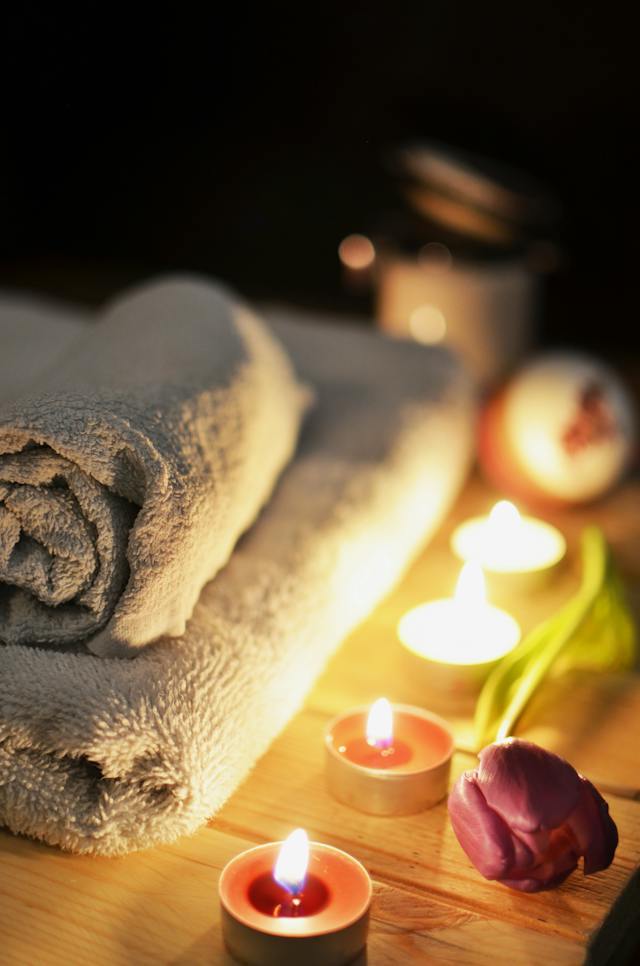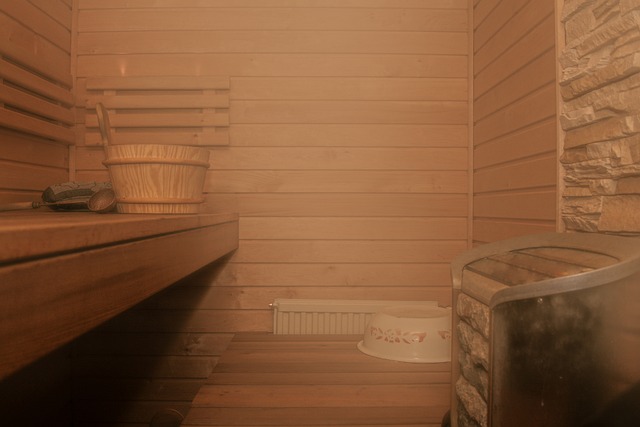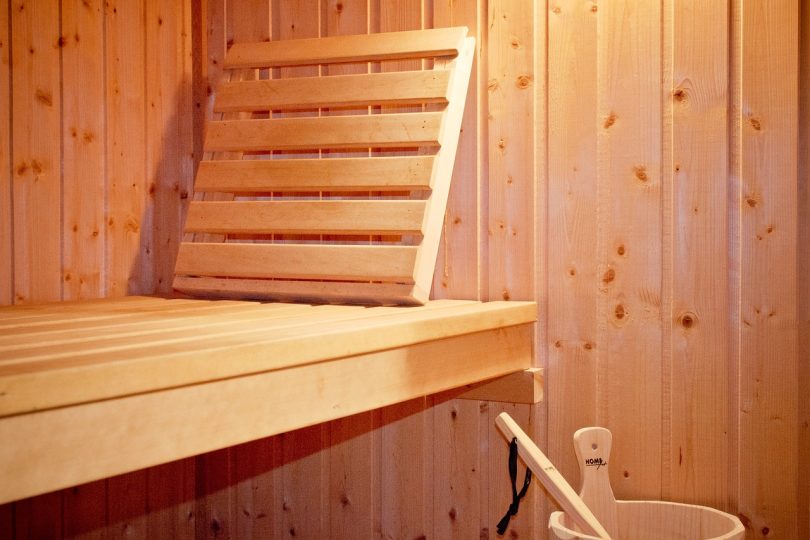Take A Sauna
Sauna heat therapy has been used for healing and wellness by civilisations across the globe since ancient times.

Image by Bjørnar Kibsgaard from Pixabay
Sauna heat therapy has long been used for healing and wellness by civilisations across the globe since ancient times.
The oldest Finnish saunas date back 2,000 years and are associated a wide range of health benefits.
The sauna is simply a room specifically designed to help you sweat. Aside from restoring your zing and helping you to relax, enjoying regular saunas offers many potential benefits that modern science is beginning to discover and document.
Saunas use dry heat generated from hot rocks or a stove to increase the room’s temperature, usually to around 90.5 degrees Celsius with very low humidity. It is this heat in the sauna that increases your pulse rate and skin’s temperature, dilates your blood vessels, and induces sweating.
Saunas are generally safe for individuals in good overall health and, when used in combination with regular physical activity, plenty of water, and a balanced diet saunas offer a range of benefits.

Encourages Relaxation
The intense sauna heat helps us to relax as it regulates the level of cortisol in our blood. Cortisol is the hormone that is released when we’re stressed and reducing it can improve the immune system and encourage better quality sleep.
The heat from saunas also releases endorphins, the feel-good hormones that leave us feeling less stressed and more relaxed.
The heat will relax you and, almost certainly, induce a feeling of joy. To add to the relaxation, you can practice meditation while in the sauna.
While the sauna is a great place for personal relaxation and solitude, it also offers a lovely, relaxing place to spend quality time with friends and family.
Eases Aches And Pains
Sauna heat relaxes the muscles by releasing endorphins that has a mild numbing effect, which go a long way to reducing aches, pain, and muscle soreness.
As the body temperature rises in the heat of the sauna your blood vessels dilate and your blood circulation increases; this speeds the body’s natural healing process, reduces tension in the joints, and relieves sore muscles.
Saunas are also thought to help those with chronic pain and arthritis and can be advantageous for muscle recovery after sport activities.
Prevents Muscle Wasting
There is evidence that suggest that heat is beneficial for individuals suffering from the muscle tissue wasting condition called muscle atrophy. This study found the growth hormone involved in reducing muscle atrophy is naturally increased by as much as 300 percent following just one sauna experience.
Eliminates Toxins
Everyone, even the most health-conscious people, will absorb toxins just from interacting with our daily environments.
While sweating is primarily designed to cool the body, the deep sweating in a sauna can help reduce levels of lead, copper, zinc, nickel, mercury, and chemicals often found in the body.
Increases Endurance
Sauna bathing can be super beneficial for anyone undertaking endurance exercise, and it is known runners can improve their running distance and time through regular use of saunas.
This is because the heat can increase plasma and red blood cell volumes, which boosts performance, and it is also widely thought that spending time in the sauna helps improve tolerance to heat.
Similarly, people who exercise and use the sauna enjoy better cardio respiratory fitness than people than exercise or sauna alone.
Fuels Weight Loss
While this is true to a certain extent, don’t rely on saunas as a complete weight loss method because the only weight lost is fluid weight, and your body will replenish this when you eat or drink. It’s always better to maintain weight with a balanced diet and regular physical activity.
Improves Heart Health And Reduces Blood Pressure
When you step into a sauna, the sudden temperature increase kicks your circulatory, respiratory, cardiovascular systems into gear.
The sauna heat helps to widen blood vessels, improve circulation, increase blood flow to the skin and muscles to help sweating.
Plasma volume also increases along with the heart rate.
This, in turn, reduces blood pressure.
This study showed people that use the sauna two to three times a week have 24 percent lower risk of hypertension; the risk lowers to 46 percent for people using the sauna four to seven times a week.
There are many studies showing a link between a reduced risk of heart disease and sauna bathing. A 2015 study found long-term, frequent sauna use is associated with a reduced risk of several heart issues, including coronary heart disease, cardiovascular disease, and cholesterol levels. More evidence can be found here.
Saunas May Even Reduce Memory Loss
There is evidence regular sauna use can lower the risk of Alzheimer’s disease and other dementias. This study showed the risk reduced by 60 to 66 percent when people use a sauna four to seven times in a week.
This is mainly because saunas reduce blood pressure and improve circulation, both of which may go some way to reducing your risk of getting dementia. The Alzheimer’s Association also includes sweating as an important way to improve brain health.
It Makes You Feel Good!
Regular sauna bathing can significantly support people who experience depression.
This is because the physical effects of sauna, lead to an endorphin rush, the feel-good chemical and reduces cortisol levels, the main stress hormone in the body. This, along with the excessive sweating induced by the heat in a sauna, helps relieve stress and anxiety.

Sauna FAQs
- A sauna is a room where people relax in dry heat.
- A sauna is heated to temperatures between 150°F and 195°F (65°C to 90°C).
- Drink at least one full glass of water before and after using a sauna, to avoid dehydration.
- Don’t drink alcohol or use recreational drugs before, during, or after sauna use.
- Never fall asleep in a sauna and leave the sauna if you feel ill or dizzy.
- If you have uncontrolled high blood pressure, diabetes, heart failure, abnormal heart rhythm, or unstable angina please seek medical advice before using a sauna.
- Check with your doctor if you’re pregnant or planning to become pregnant, before using a sauna.
Ready to dive in? Contact us!
Main – Image by TheUjulala from Pixabay



